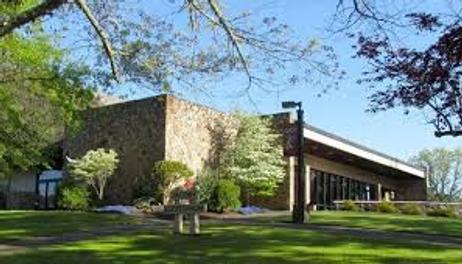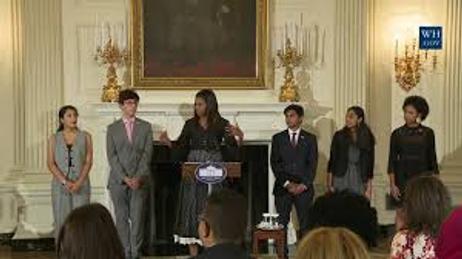Once thought of as traditional and old-fashioned, dress codes and school uniforms have become a center of focus for many schools once again. Some school administrators assert that maintaining a standard of dress is essential to level the playing field for students of all income levels and backgrounds and promote a clean, safe campus. The movement to stricter dress codes is no longer stopping at the secondary level. Today, some community colleges are even hopping aboard the dress code bandwagon too!
Why Enforce Dress Codes?
The Clearinghouse on Educational Policy and Management from the University of Oregon states that the implementation of dress codes or school uniforms has been linked to a variety of benefits, including:
- Safer schools overall
- Enhanced learning environment
- Higher student self-esteem
- Less pressure on parents
A strict dress code has been found to minimize violence in schools, particularly when it comes to gang-style clothing. In addition, by eliminating expensive trendy clothing, the number of students robbed of shoes, hats, and jackets can be reduced. Of course, when students feel safer on their school campus, learning is also enhanced.
This video offers suggestions on how to dress for success.
Community College Dress Codes
In addition to many of the benefits listed above, community college students who must adhere to a relatively strict dress code receive training in how to dress for the professional world and beyond. Many community college






















